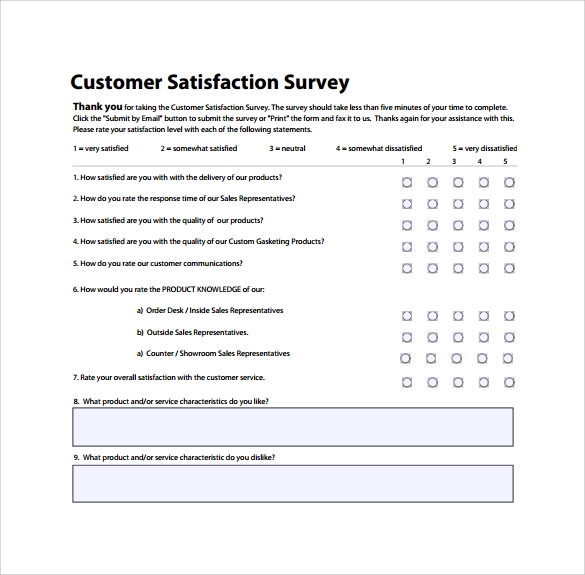Being a landlord is a huge responsibility. Not only do you have to run a business (your rental), but you’re responsible for the home(s) tenants rely on as a roof over their head. Yet, it’s typically a lucrative job that produces great passive income.
Much of your job’s sustainability depends on the groundwork you lay prior to the tenant entering the home. By following these tips, you’ll help ensure that your career does not cause wrinkles or grey hairs. Instead, you’ll be a happy, satisfied, and effective landlord.
#1 Comply with Local and Federal Laws
There’s a reason why property lawyers exist—laws governing property are multifaceted, complex, and downright nuanced. At the very least, new landlords should read the Federal Fair Housing Act and habitability laws prior to ever accepting a tenant.
If you have the budget, hire a property law lawyer to break down everything you need to know. If not, then your local landlord association board can likely help you understand the laws in your area. Regardless, lawsuits between landlords and tenants are a common occurrence. Learning the laws and seeking legal advice is a fantastic way to protect yourself.
#2 Be Professional, Treat Your Home as A Business
Even if you don’t have a property management company overseeing your rentals, you should communicate with your tenants in the same fashion. Stay warm, friendly, and welcoming, but try to keep the relationship professional from the get-go. You want your tenants to respect that you—at the end of the day—are the one that’s responsible for the property.
- Quick Tip: Try to create a process for your tenants (if you don’t have one). Instead of simply asking them to call when they need help, perhaps they could formally send you a request through email. Implement software to allow them to pay rent online. Streamline processes to enforce your professionality and decrease your workload.
#3 Put Serious Effort in The Screening Process
An incredible tenant might reduce your responsibilities as a landlord to checking if the rent was paid every month. On the other hand, a horrible tenant might add speeding to the house with a fire extinguisher in your job handbook.
The point? You want to know how to find eviction records, check their credit history, and ensure they make enough income to support your rental price. Additionally, you might want to add in certain filters to your screening process like:
- No pets allowed
- Rent must be no more than 33% of annual income
- A salary verification letter is required
- More than 2 previous landlord references
- A professional reference (even if it’s their boss)
Of course, you can build your process how you see fit. Just be diligent, meticulous, and thorough about your vetting procedures. You don’t want a bad tenant to make your job a nightmare. You want them to be a dream.
#4 Check in and Inspect the Home
While you could send your tenants a survey to gauge how they’re feeling within the home (and with you as a landlord), schedule times for you to drop by and inspect the state of the house. Showing up unannounced is typically illegal.

With that being said, simply creating a property visiting schedule you adhere to will encourage your tenants to take better care of the home. Should foul play or neglect be involved, you’ll be able to nip the problem in the bud.
#5 Know That People Don’t Always Treat A Rental with Respect
Before you go all out and install the backyard fireplace, be sure to remember that tenants are harder on a property they’re renting. Will the new hot tub add value to the home’s overall rentability, or is it going to be something you’ll have to send the pool technician out to fix on a monthly basis?
- Quick Tip: A common mistake new landlords make is collecting a low or insignificant deposit. The deposit is there to protect you should the tenants leave the place a disaster. Remember to factor in repair and upkeep costs (flooring, wall painting, detailing, replacing fixtures). Even if a tenant treats the property well, there will still be things to do once they move out. If not accounted for, these repairs can be costly.
Your Career as A Landlord Awaits
Becoming an effective and just landlord will take time, practice, and a boatload of experience. You will fail, then learn. Learn, then grow. Remember to trust the process, create safeguards, and establish a healthy, professional relationship with your tenants.
With these tips in mind, you’re on your way to becoming a fantastic, informed landlord.

